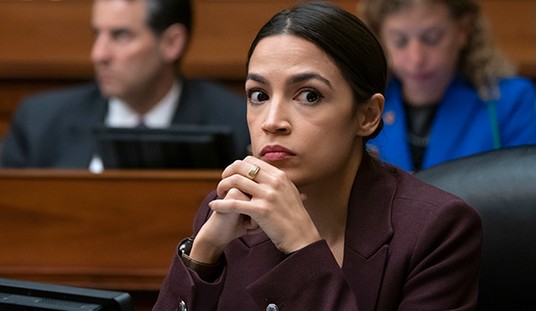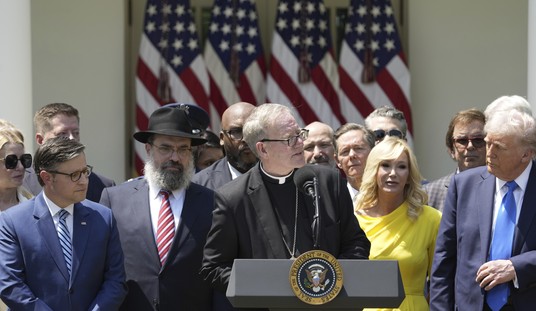The collapse of Silicon Valley Bank (SVB) and Signature Bank (Signature) in March gave an opening to some politicians on the left to begin calling for expanding the deposit insurance coverage provided by the Federal Deposit Insurance Corporation (FDIC). The collapses of both SVB and Signature represent the second and third-largest bank failures in U.S. history.
Senator Elizabeth Warren (D-MA) and Rep. Maxine Waters (D-CA) have called on Congress to raise the insurance cap as a result of the collapse of SVB and Signature. Currently, the FDIC guarantees deposits at insured banks up to $250,000 for most accounts. When the FDIC was first created in 1933, it was only authorized to insure up to $56,000 in today’s dollars (an over 346 percent increase). Increasing the insurance cap, even temporarily as some have called for, would introduce more moral hazard in the banking system that would incentivize bank leaders to take increasingly riskier decisions with the knowledge that if they fail then the bank would be able to count on the federal government bailing them out by ensuring that bank customers would be made whole. In 2010, the Government Accountability Office (GAO) released a report on how the Federal Deposit Insurance Corporation Improvement Act of 1991 that says expanded deposit insurance “could weaken incentives for newly protected, larger depositors to monitor their banks, and in turn, banks may be able to engage in riskier activities.”
President Biden even said that the FDIC is positioned to ensure that deposits above the $250,000 threshold would be protected should another bank fail. Laying this groundwork only encourages those in the banking industry to expect that their deposits will be protected should their bank fail. It’s another way to induce moral hazard into the industry. The government should not be in the business of picking winners and losers by rewarding those who took risks by keeping money in accounts above the insurance cap threshold by fully guaranteeing their deposits at the expense of average Americans.
Recommended
In addition to encouraging riskier behavior by bank leaders, increasing the deposit insurance cap, even temporarily, would also likely increase fees on banks and those increased fees would be passed down to customers in the form of more expensive banking services. Americans have a median bank account balance of about $5,300 while Black and Hispanic Americans have median bank balances of roughly $1,500 and $1,900 respectively. Those most likely to be hardest hit by making banking services more expensive would be lower-income Americans. These Americans would be responsible for subsidizing and bailing out wealthy Americans who had these uninsured deposits. That should be viewed as unacceptable by all policy decision makers.
The Fed and FDIC are set to release a report on the collapse of SVB and the actions it took to address the situation on May 1. These reports are a crucial step to help further fill in the gaps of knowledge lawmakers have but lawmakers should continue to hold regulators' feet to the fire and seek all the information they can. They should also be somewhat skeptical of the reports from the Fed and FDIC since there is incentive to downplay the failings of regulators in the collapse of SVB and Signature. The Fed also in April announced that it would be looking at closing a loophole that allows some midsize banks to effectively mask losses on securities they hold, a factor in why SVB collapsed.
It was encouraging to see lawmakers hold regulators accountable and attempt to get to the bottom of why these two banks collapsed at a hearing in late March. This type of oversight is crucial for informing any policy decisions that may occur this Congress or in the future. Leaders at the Treasury and the Federal Reserve need to ensure that the banking system is sound and use the tools that Congress has already allocated to them first before lawmakers step in to create more unnecessary laws or regulations to address the problem which may not even actually fix the issues as to why SVB and Signature collapsed in the first place.
Drew Stephens is the Director of Legislative Affairs for FreedomWorks.

























Join the conversation as a VIP Member